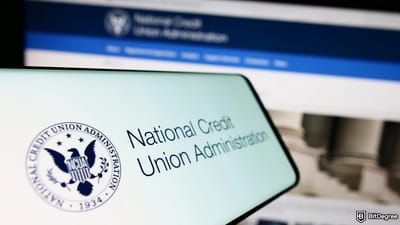Stop overpaying - start transferring money with Ogvio. Sign up, invite friends & grab Rewards now! 🎁
Wisconsin Targets Crypto Kiosk Scams With New Senate, Assembly Bills
Key Takeaways
- Wisconsin bills propose licensing, ID checks, limits, and fraud alerts for crypto kiosk operators to combat scams;
- Daily transactions would be capped at $1,000, with fees limited to $5 or 3% of the amount exchanged;
- Refunds are required if scams are reported within 30 days, and ID rules start 60 days after the law is passed.
Wisconsin legislators are taking new steps to address scams linked to cryptocurrency kiosks.
The decision follows a federal alert showing a 99% increase in complaints about these machines in 2024, with reported losses rising 31% to nearly $247 million.
Senator Kelda Roys, joined by six other lawmakers, introduced Senate Bill 386 on August 11. The new bill matches Assembly Bill 384, filed on July 31 by Representative Ryan Spaude and ten co-sponsors.

Did you know?
Subscribe - We publish new crypto explainer videos every week!
What is a Bitcoin & How Does it work? (Animated Explainer)


The proposals would require kiosk operators to register under Wisconsin’s money transmitter licensing system. They also set rules for customer protection, including fraud alerts, identity checks, transaction limits, and caps on service fees.
Under the bills, users could exchange no more than $1,000 per day, and fees could not exceed $5 or 3% of the transaction amount.
Each machine would also display a clear notice stating:
FRAUD ALERT! Criminals seek to defraud virtual currency customers by impersonating loved ones, government officials, law enforcement officers, or charities.
Before a first-time transaction, operators would need to collect a customer’s name, date of birth, address, phone number, and a government-issued photo ID.
Another part of the plan focuses on refunds. If a victim reports a scam to law enforcement within 30 days, the operator would be required to return the money.
If passed, the identity verification rules would take effect 60 days after the bills become law.
On August 4, the US Treasury’s Financial Crimes Enforcement Network (FinCEN) warned about the growing use of crypto kiosks in scams. What did the agency say? Read the full story.




















